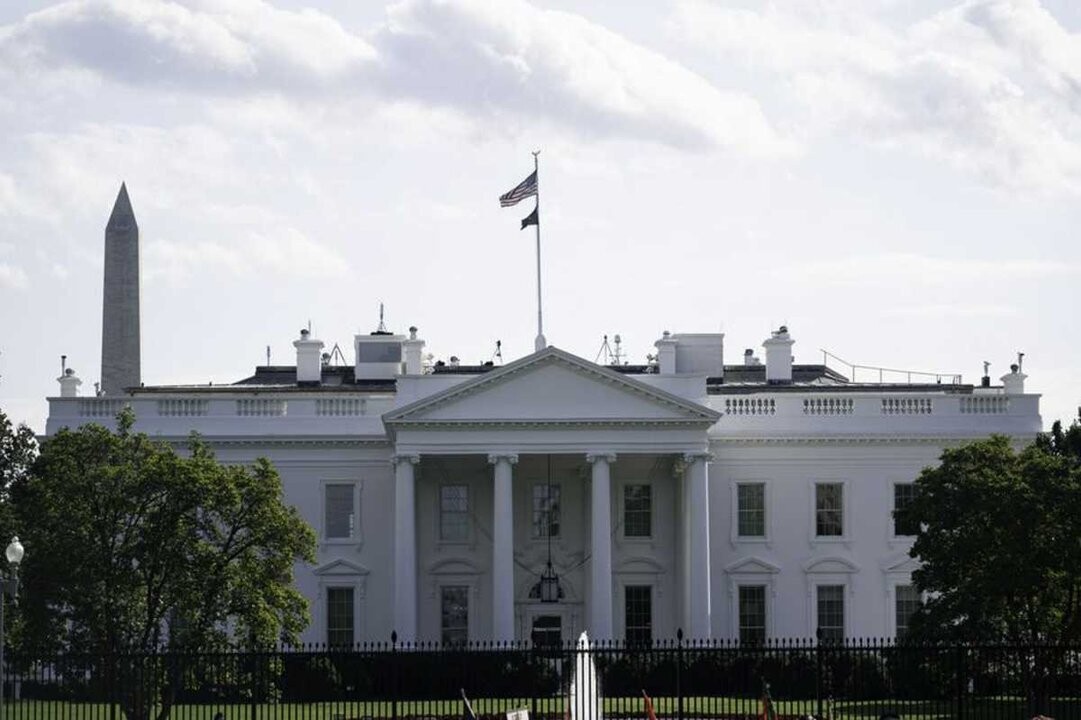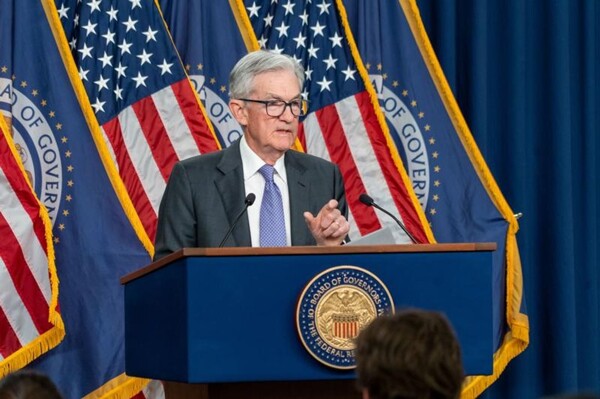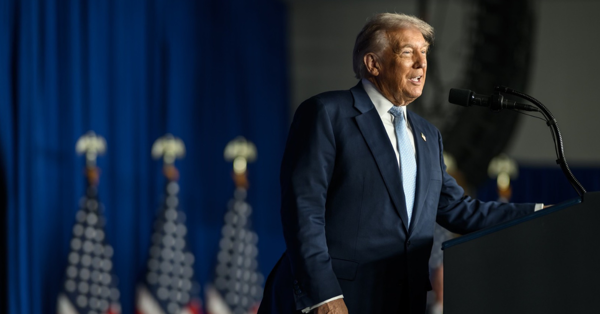
A government lawyer emphasized that asking questions to the President of the United States in the Oval Office and aboard Air Force One is a privilege for journalists, not a legal right. It was stressed that the prolonged presence of an AP reporter and photographer in the White House press pool does not grant the agency a permanent right. On the other hand, a lawyer representing AP mentioned that targeting the agency amounts to a "constitutional issue."
In the context of the dispute between The Associated Press and the White House, it was highlighted that during a recent hearing, the prohibition imposed by the Trump administration on the agency, which affected access to the Oval Office and Air Force One, was discussed. AP filed a lawsuit and emphasized that the government measure constituted an attack on the First Amendment.
Amid this conflict, diverging positions were observed between the lawyers of both parties. While Hudak, the government lawyer, argued that the Government had the authority to limit access to AP, federal judge Trevor McFadden expressed concern about possible discrimination based on political positions in restricting access to the agency.
The importance of the AP Stylebook, used internationally and in the United States, was underscored as a guide for news writing. The legal dispute between the agency and the White House will continue, at least until a forthcoming hearing scheduled for March 20, where the rights of the press and the public to report freely are expected to be defended.














